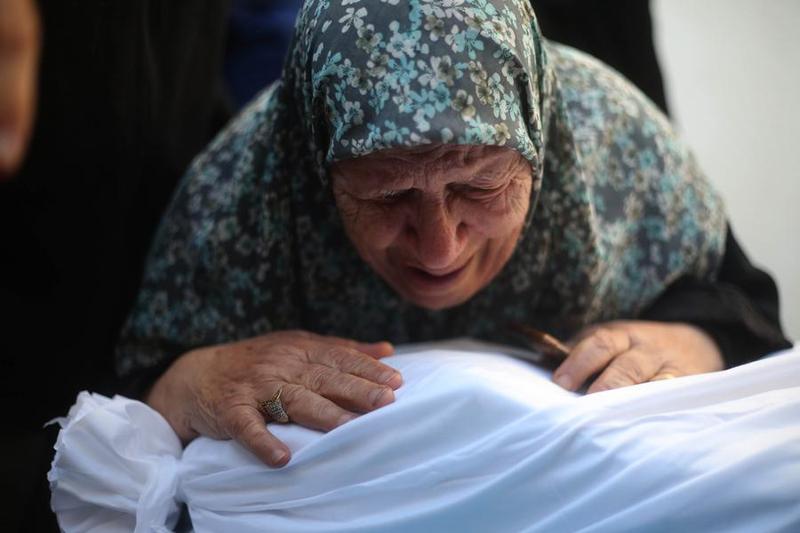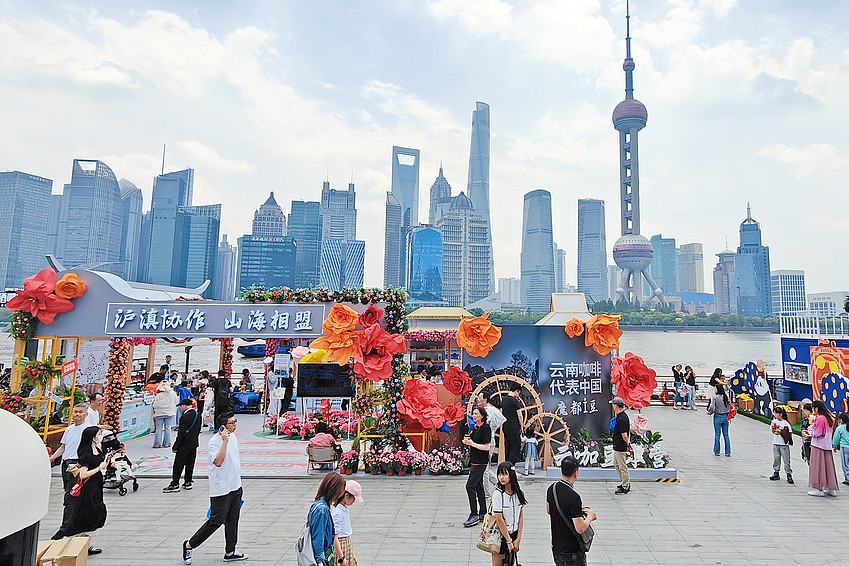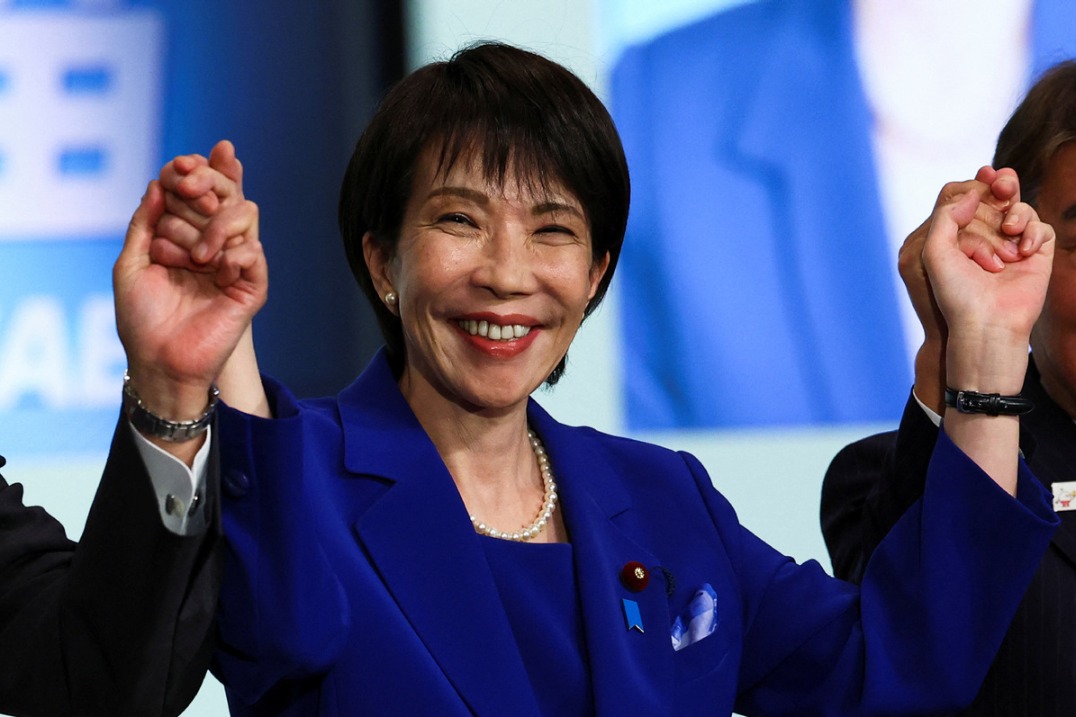Two years on, Gaza's agony calls for action: China Daily editorial


The latest talks between Israel and Hamas in the Egyptian resort city of Sharm el-Sheikh are marked by deep distrust after years of antipathy between them. The Middle East has paid an unbearable price — in human lives, in social and economic destruction, and in the erosion of hope itself — for the cycles of conflict that enmity has triggered. That the international community still struggles to halt the bloodshed in the Gaza Strip after more than two years is a sobering reminder of how fragile global governance remains in the face of injustice and geopolitical inertia.
The humanitarian toll of the long animosity between the Israelis and Palestinians has been staggering. Generations of Palestinians have grown up under blockade, instability and deprivation, while Israelis have lived with insecurity and fear. Every ceasefire painstakingly negotiated has proven temporary; every peace process, elusive. The grim reality is that, without addressing the root causes of the conflict — the Israeli occupation of Palestinian territories, the denial of Palestinian statehood, and the failure of international justice mechanisms — peace will remain out of reach.
As the Gaza crisis drags on into its third year, China reiterates its consistent and principled position: an immediate, comprehensive and sustainable ceasefire must be implemented without delay; humanitarian aid must be guaranteed; and the legitimate national rights of the Palestinian people must be restored. China firmly supports the establishment of an independent State of Palestine, based on the 1967 borders and with East Jerusalem as its capital. This is not only a question of justice but also a matter of human dignity and fairness.
China's call for peace is grounded in its broader vision of global security and governance. The Global Security Initiative it has proposed advocates a new security architecture based on mutual respect, indivisible security and common development. It rejects the Cold War mentality and bloc confrontation that have repeatedly undermined international mediation efforts in the Middle East. Likewise, the Global Governance Initiative it has recently proposed highlights the need for inclusive, balanced and reform-oriented multilateralism — where developing countries, including the Arab states, have a genuine voice in shaping peace and justice.
The Gaza tragedy exposes the deficits in global governance. Current mechanisms have failed to prevent the grave humanitarian crisis in the region. As China has emphasized, genuine peace can only be achieved through dialogue on an equal footing, not through coercion or the imposition of unilateral agendas.
China has been an active force for peace and justice in the United Nations and other multilateral platforms. The 60th session of the UN Human Rights Council on Monday adopted by consensus a resolution on "Promoting and protecting economic, social and cultural rights within the context of addressing inequalities".
China submitted the draft resolution on behalf of nearly 70 countries. The resolution reflects a growing consensus that inequality and insecurity feed one another, and that addressing development gaps is essential to achieving lasting peace. It demonstrates that China's initiatives are not abstract concepts but actionable frameworks aimed at improving human well-being worldwide.
The Gaza crisis shows peace cannot be sustained without development, nor development without peace. The reconstruction of Gaza should therefore be part of a larger vision for regional revitalization — one that integrates economic recovery, job creation and institutional rebuilding, rather than leaving Palestinians trapped in a cycle of dependency.
The two-year anniversary of the Gaza conflict is not merely a date to mourn; it is a moral warning for humanity. The longer the world tolerates the status quo, the deeper the wounds will become — not only in the Middle East but also in the international system itself. The time has come to translate global consensus into concrete action: a permanent ceasefire, full humanitarian access, and the resumption of genuine political dialogue toward the realization of the two-state solution.
Together the global initiatives for development, security, civilization and governance China has proposed offer a way forward that is built on dialogue over dominance, cooperation over confrontation, and fairness over force.
The world owes Gaza's children a future where peace is not an exception but a norm, safeguarded by a just and inclusive global security framework.




































